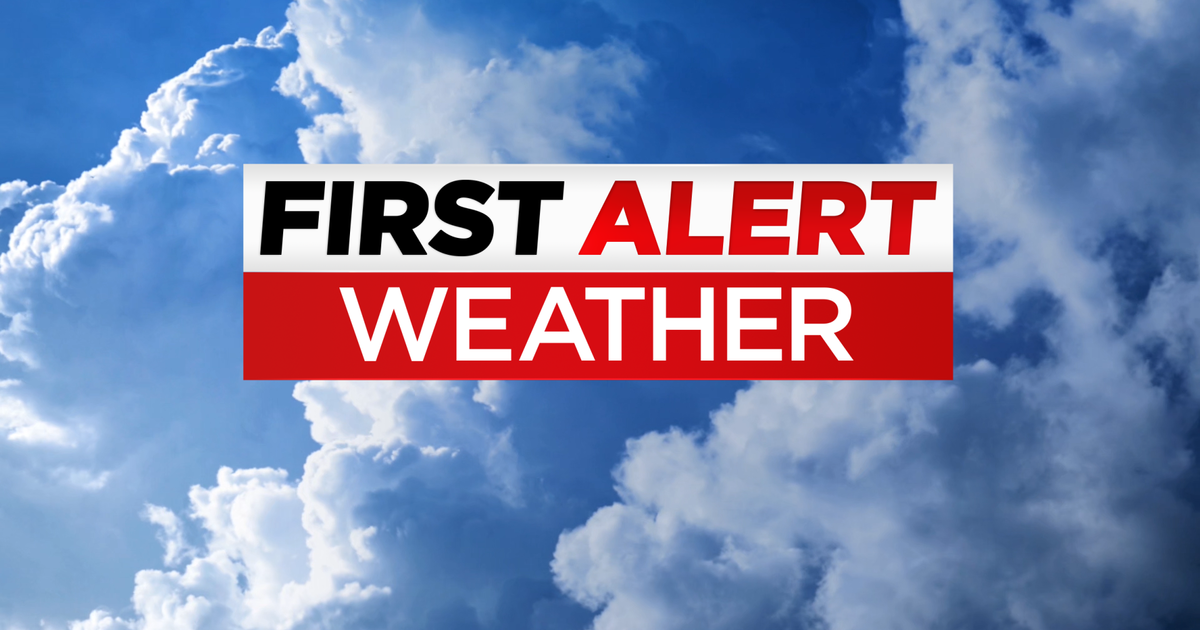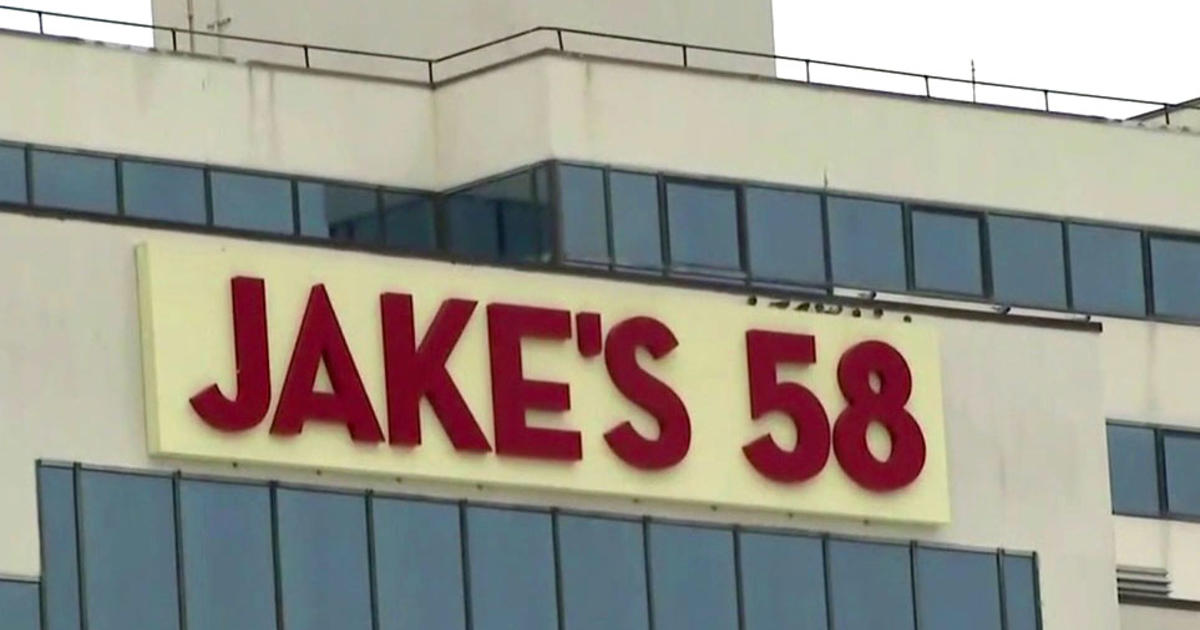Palladino: Don't Fight The Cold-Weather Super Bowl — Embrace It!
By Ernie Palladino
» More Ernie Palladino Columns
Cold enough for ya?
At 10 a.m. Thursday, the temperature in East Rutherford, N.J. sat at 18 degrees Farenheit, with a wind chill of 5. At the same time, the Super Bowl purists entered a state of apoplectically wild hand-wringing over the possibilities for the 2014 game which, by the way, will be played in East Rutherford, N.J.
In MetLife Stadium.
Which doesn't have a roof.
Which means the majority of the white-wine-and-caviar bunch that traditionally supplants the teams' normal, every-day fan at these things won't have a comfy cover for protection against the wind, rain, snow, or cold that could afflict Super Bowl XLVIII.
Good. Let 'em freeze.
When the NFL made its decision to have an open-air Super Bowl in a cold-weather city, it knew full well that inclement weather could play a huge role in the game. And it looks like it will. According to the Daily News, no less than the Farmer's Almanac predicts an intense storm, heavy rain, snow, and strong winds for game day on Feb. 2, 2014.
Before anyone discounts the Almanac, be advised that the book is regarded as one of the great soothsayers of climate. Farmers plan crops by that thing, so its words certainly should be good enough for the football viewing public.
The point here is that we should welcome such an occurrence. The voices who tried to shout down the awarding of the Super Bowl to the New York area several years ago were wrong, and always have been wrong. It is not necessary for the NFL's showcase event to held in ideal conditions, in the warmth of California and Florida, or in the controlled environments of hermetically-sealed domes.
In fact, a little deep freeze could produce some legendary events, and isn't that what a Super Bowl should be about in the first place?
Ask the question: What are two of the most famous games in NFL history?
Answer: Ice Bowl I and Ice Bowl II. Neither were Super Bowls. Both were NFL and NFC Championship games played in Green Bay which, by the way, deserves to host a Super Bowl regardless of its small-town nature.
Eli Manning has twice been awarded the Super Bowl MVP trophy, and yet he called Ice Bowl II in 2007 "My all-time favorite game."
Why? Because of the weather. Two teams not only battled themselves, but also the minus-1 base temperature and the minus-23 wind chill that turned skin beet-red and footballs rock-hard. Lambeau Field had no trouble selling out. The local fans came well-prepared, many of the more outdoorsy types dotting the crowd wearing their bright orange hunting jackets.
Lawrence Tynes still has the football he kicked through the uprights in overtime, with a foot turned black from swinging at what amounted to an oblong piece of granite all game.
Manning won that matchup against the great Brett Favre that night. It brought entrance to the Super Bowl. But that's not why that game holds a special place in his heart.
"It was being in Green Bay, playing a game in negative 20 degrees," Manning said. "All those factors make a game special."
The Super Bowl should be special, too. And it is, as it has seen more than its share of spectacular moments. But in another way, it shouldn't be special. It should be treated as football without prejudice of environment.
The league got off to a good start by giving MetLife the game in 2014. Now put one in Green Bay, and New England, and Philadelphia -- and maybe even Cleveland. Spread it around. No need to get fanatical about it. One northern, open-air site every three or four years would suffice.
If the wine-and-cheese crowd doesn't have the constitution for that, perhaps the league can slash those ticket prices by two-thirds and turn those Super Bowls over to the area fans. At least they'll know how to have a good time in the cold.
Should the league award more open-air Super Bowls to cold-weather sites? Be heard in the comments!



